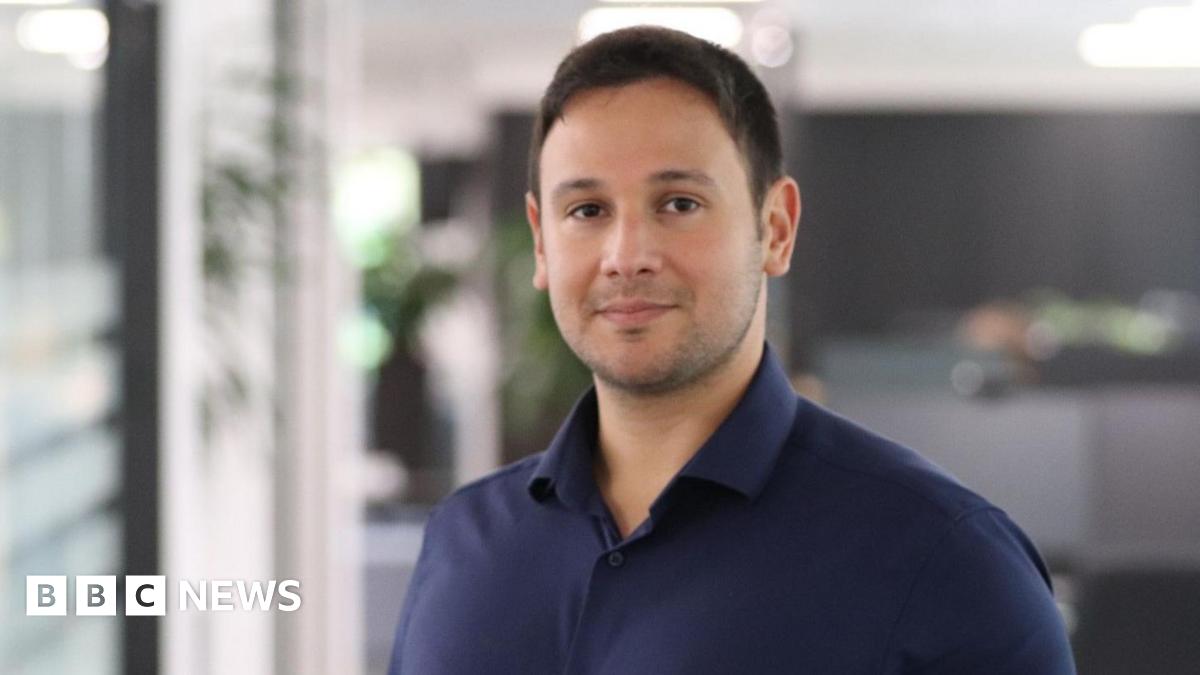Unlock the Editor’s Digest for free
Roula Khalaf, Editor of the FT, selects her favourite stories in this weekly newsletter.
Brazil and Colombia have suggested Venezuela hold fresh presidential elections in order to end the crisis sparked after Nicolás Maduro was declared the winner without providing evidence from the polls.
The authoritarian socialist’s claim to have won re-election, which has not been recognised by the US, EU and most Latin American nations, was followed by a deadly crackdown on protesters in the days after the vote.
However, the proposal to rerun the ballot was rebuffed by Venezuelan opposition leader María Corina Machado. The opposition claims its candidate, Edmundo González, was the winner by a margin of more than two-to-one, and has published thousands of voting receipts online.
“The election already happened,” Machado told a press conference on Thursday. “If [Maduro] doesn’t like the results do we go for a third one?”
Venezuela’s National Electoral Council, which is controlled by Maduro’s allies, has not published a detailed breakdown of the results since it proclaimed Maduro victorious last month.
Brazil’s President Luiz Inácio Lula da Silva on Thursday said he had still not accepted Maduro’s claimed victory, saying “he [Maduro] knows that he owes Brazilian society and the world an explanation”.
He repeated a call for the release of voting data but also suggested in a radio interview there could be other ways out of the impasse, including new elections: “You can form a coalition government, call in the opposition. Many people who are in my government did not vote for me.”
Gustavo Petro, Colombia’s leftwing president, advocated for new elections, a transitional coalition government, national and international amnesties, and “lifting all sanctions against Venezuela”.
“An internal political agreement in Venezuela is the best path to peace,” he wrote on X.
US President Joe Biden was also asked by reporters at the White House on Thursday whether he supports new elections in Venezuela, to which he replied “I do”, without providing further details.
A spokesperson for the National Security Council later clarified Biden “was speaking to the absurdity of Maduro and his representatives not coming clean about the July 28 elections”.
“The United States again calls for the will of the Venezuelan people to be respected and for discussions to begin on a transition back to democratic norms,” the spokesperson added.
Maduro criticised Biden’s initial comment on Thursday night. “Biden gave an interventionist opinion on Venezuela’s internal affairs . . . and half an hour later [the US administration] squashed it”, he told a news crew, having said he rejected that “the US is trying to become Venezuela’s electoral authority”.
He also appeared to spurn Brazil and Colombia’s proposal for a new election. “I don’t practice microphone diplomacy,” he said. “Otherwise, one becomes an adviser to other countries.”
Brasília and Bogotá, whose presidents have historically been sympathetic towards Venezuela’s leftwing government, are pressing for greater transparency from Caracas, while seeking to promote mediation between Maduro and the opposition. The approach contrasts with stronger condemnations by many western nations.
Mexico was initially involved in the initiative but its leftist President Andrés Manuel López Obrador this week said for now he would not participate in the conversations.
“I interpret the interest of these countries to be stability, but keep in mind that stability does not mean a democratic transition,” said Ryan Berg, director of the Americas programme at the Center for Strategic and International Studies. “The very dark side of all of this is that, in theory, stability could be brought by repression. A country could be stable, but just stably repressed.”
In power since 2013, Maduro has overseen a collapse of the oil-dependent economy, increased repression and the exodus of almost a quarter of Venezuela’s population. He has painted the unrest as part of a “fascist” and “counter-revolutionary” US-led coup attempt backed by billionaire Elon Musk and western social media companies.
The US has congratulated González on winning the most votes, though it has stopped short of recognising him as president-elect.
Argentina, Costa Rica, Ecuador, Panama, Peru, and Uruguay have also recognised González’s victory, while Maduro’s allies in Cuba, Russia, Iran and China were swift to congratulate his re-election.
A group of 20 former US officials and diplomats on Wednesday signed an open letter to US secretary of state Antony Blinken, in which they called on the Biden administration to adopt a more robust posture towards Maduro.
“The diplomatic efforts of Brazil, Colombia, and Mexico are notable but there is no substitute for US leadership mobilising like-minded democratic governments to press the regime to respect those electoral results and accept a timely transition of power,” the group wrote.
Additional reporting by Christine Murray in Mexico City and Lauren Fedor in Washington
Credit: Source link











